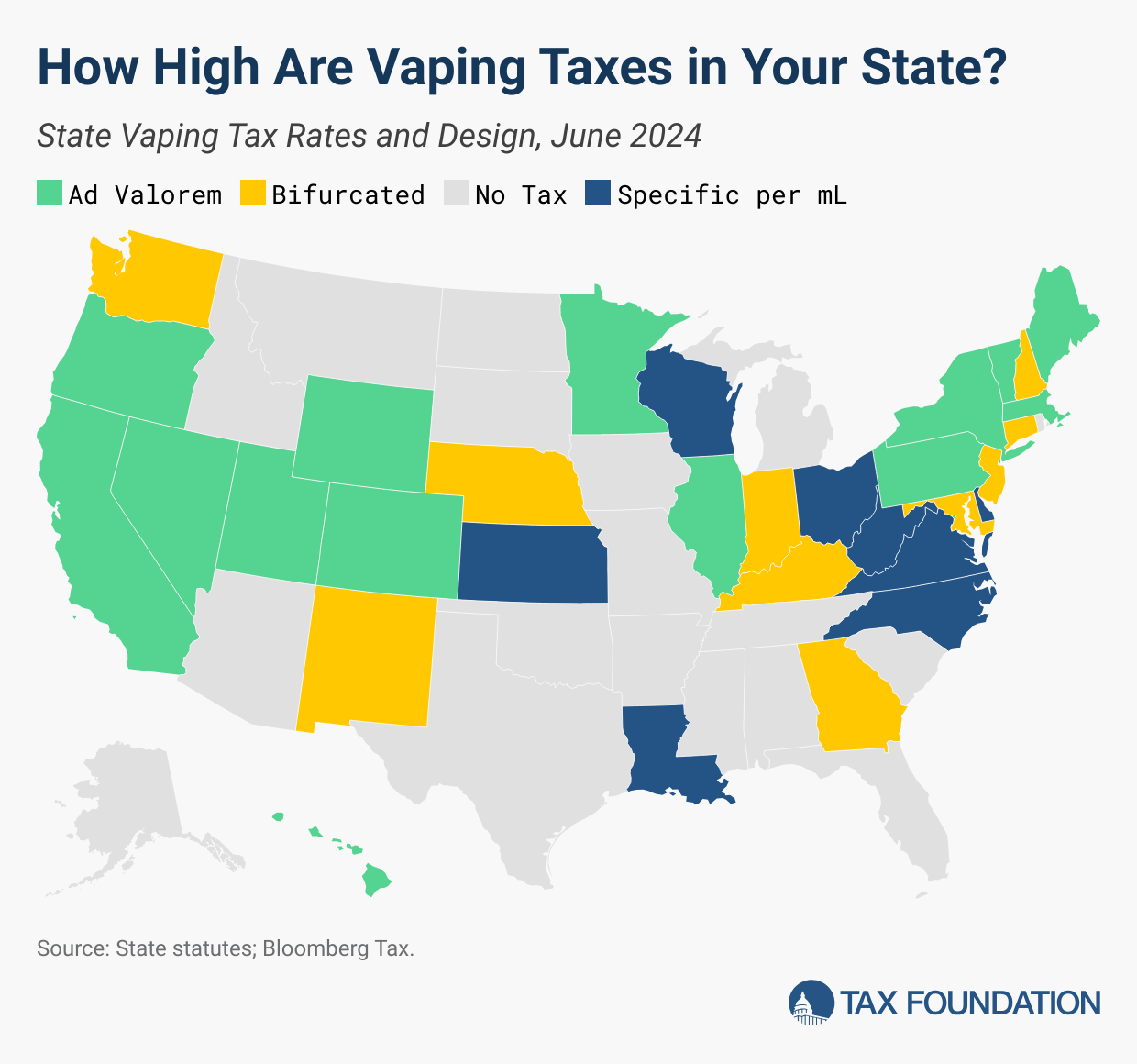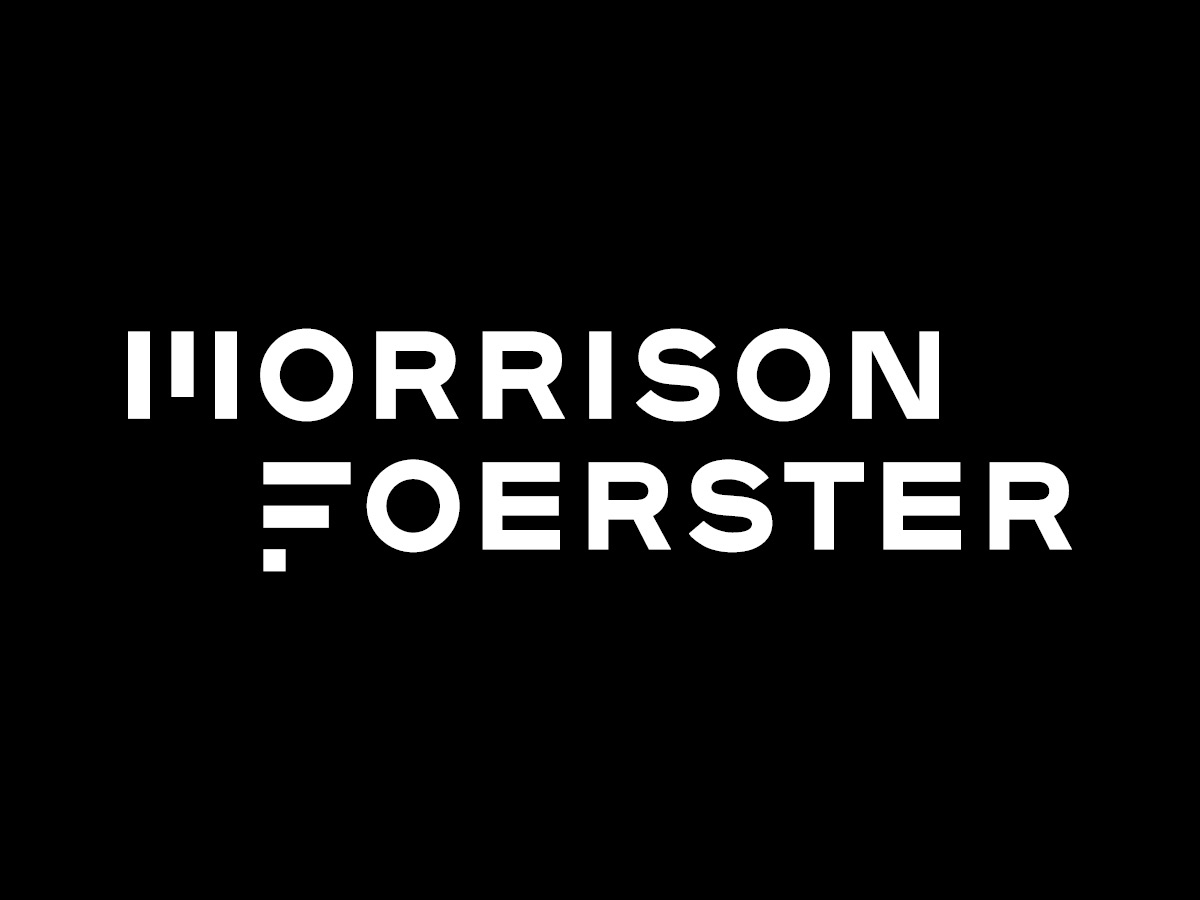Coons and Tillis Letter Pushes GAO for Information on Burdens of Bayh-Dole Reporting Requirements
“The effort by Coons and Tillis to preemptively complete the report that would be required by their recent bill proposal comes about six months following the march-in rights framework proposed by NIST and the U.S. Department of Commerce.”
On June 26, Senators Chris Coons (D-DE) and Thom Tillis (R-NC) sent a letter addressed to the Honorable Gene Dodaro, Comptroller General of the United States, asking the U.S. Government Accountability Office (GAO) to complete a report by the end of this year on barriers faced by universities and private businesses under invention reporting requirements mandated by the Bayh-Dole Act. This letter is the latest effort by the Chair and Ranking Member of the Senate IP Subcommittee to reduce commercialization barriers for inventions developed with federal funding as the Biden Administration continues to contemplate the use of march-in rights to force non-exclusive licensing agreements for those same inventions.
Do Onerous Reporting Requirements Lead Contractors to Abandon Rights to Inventions?
Late last year, Sens. Coons and Tillis introduced the Improving Efficiency to Increase Competition Act, which if enacted would simplify reporting requirements under the Bayh-Dole Act. Currently, each federal agency works under a different method of reporting, exhausting resources for academic institutions receiving federal funding that must navigate several disclosure frameworks. This bill, which was referred to the Senate Judiciary Committee in early January, would direct the Comptroller General to brief the Judiciary, Science and Education Committees in both the Senate and House of Representatives on issues related to Bayh-Dole’s reporting requirements.
The recent letter from Sens. Coons and Tillis essentially asks the GAO to complete the report contemplated by the Improving Efficiency to Increase Competition Act. The letter seeks information on a series of nine questions, including several focused on the impact of those requirements as codified at Chapter 18 of Title 35 of U.S. Code on parties contracting under federal funding agreements. Those questions seek information on how those requirements impact contractors’ ability to compete with foreign entities, any barriers they create for contractors working to develop inventions, and how the federal government uses information from those disclosures. For institutes of higher education, the Senators seek information on the time and effort required to comply with Chapter 18, with consideration paid to any specific research designations for those institutions under the Carnegie Classification of Institutions of Higher Education framework.
The Senators’ letter further seeks objective data to measure the extent to which the Bayh-Dole’s reporting requirements discourage private commercialization of federally-funded inventions. Under federal regulations codified at 37 CFR § 401, contractors have two years from the date of an invention disclosure during which to elect in writing whether to retain rights to an invention, although a federal agency may shorten that period by 60 days if a patent or other public availability of the invention has initiated the one-year statutory period for obtaining valid U.S. patent protection. The Senators’ letter to the Comptroller General asks for the percentage of inventions that contractors do not elect to retain following an invention disclosure.
Standardized iEdison System Could Help if Reporting Issues Are Addressed
Under Part 401, contractors may request time extensions for disclosure, election and patent filing, and federal agencies can grant such extensions within their discretion. The Senators’ letter also seeks information on the number of such time extensions granted by federal agencies, and the average response time to such extension requests. To gain a holistic view of the overall Bayh-Dole reporting framework, the Senators ask for the number of disclosure systems employed across the federal government and the various disclosure requirements imposed by each agency.
Several federal agencies leverage the iEdison system administered by the National Institutes for Standards and Technology (NIST) to receive information from contractors and notify them of requirements under the Bayh-Dole Act. Sens. Coons and Tillis asked the Comptroller General to identify difficulties encountered by contractors using the iEdison system and recommendations to overcome those issues. For federal agencies that aren’t using iEdison, the Senators seek information on whether those agencies can standardize their reporting requirements, and whether they would benefit from the use of a single standard federal reporting system.
The effort by Sens. Coons and Tillis to preemptively complete the report that would be required by their recent bill proposal comes about six months following the march-in rights framework proposed by NIST and the U.S. Department of Commerce, which would significantly increase the number of federally-funded inventions that could be subject to compulsory licensing mandates. Last October, the Biden Administration also began requiring all federally-funded research projects to report manufacturing locations for products, including licensee names and number of units sold, as part of their Bayh-Dole compliance. The Senators’ letter seeks full answers to the attached questions by December 31 of this year.
Image Source: Deposit Photos
Author: nbvf89
Image ID: 11482434
Steve Brachmann
Steve Brachmann is a graduate of the University at Buffalo School of Law, having earned his Juris Doctor in May 2022 and served as the President of the Intellectual Property […see more]







